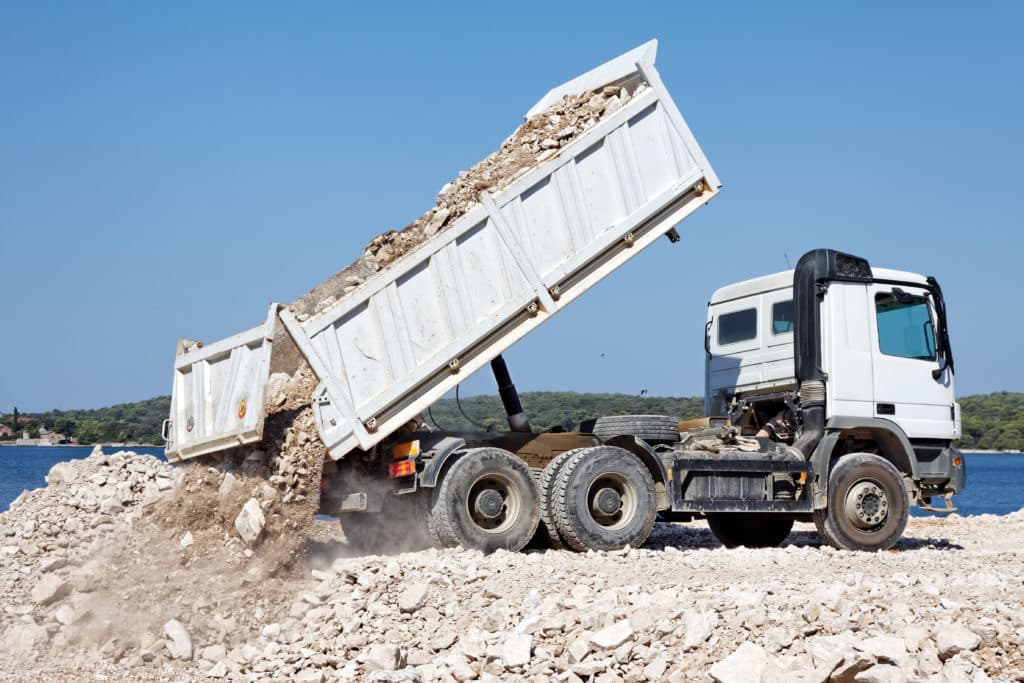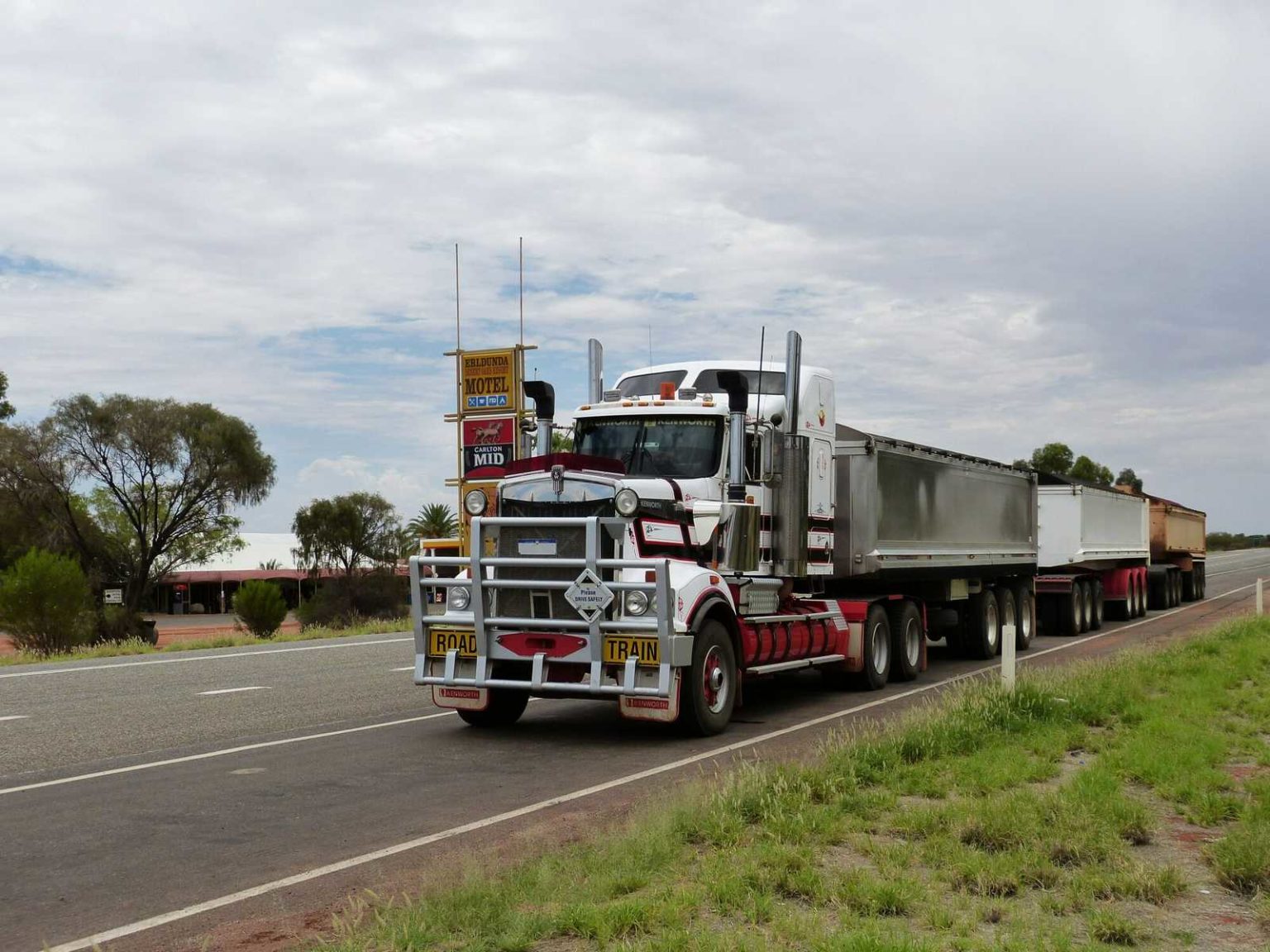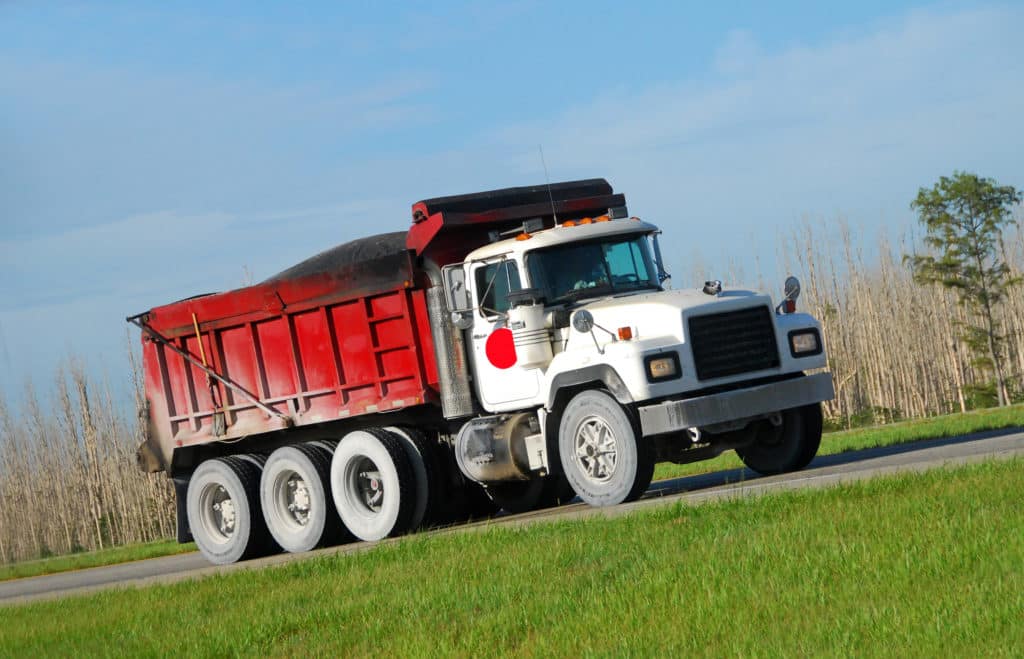Commercial vehicle insurance can become complicated very quickly when interstate commerce is involved. Crossing state lines creates confusion, because each state sets its own commercial insurance requirements, and this affects your fleet as it enters a different state. To make the process simpler, the Federal Motor Carrier Safety Administration (FMCSA) has set strict insurance requirements on interstate truck travel.
How Much Insurance Coverage Do Interstate Trucks Need?
While commercial vehicles that stay within state borders need only meet their state’s minimum insurance requirements, interstate traveling vehicles are subject to the requirements of the FMCSA. The federal liability limit minimums are:
- $300,000 for vehicles that weigh 10,000 pounds or less and carry nonhazardous freight
- $750,000 for vehicles that weigh more than 10,000 pounds and carry nonhazardous freight
- $1,000,000 for vehicles that carry oil
- $5,000,000 for vehicles that carry other types of hazardous materials
- $5,000,000 for passenger vehicles
- $1,500,000 for passenger vehicles that can seat 15 people or fewer
These are the federal government’s requirements, but certain shippers and brokers may also require liability of at least $1,000,000 regardless of the type of material the trucks will haul. It is often in your best interest to exceed the federal minimum requirements, but be smart about the forms of coverage you obtain.
Owners of commercial vehicles must file a variety of forms that show proof of liability and cargo insurance for interstate travel.
What Other Types of Insurance Should You Have?
The FMCSA only requires interstate trucks to have the appropriate level of liability insurance, but you should have more coverage from a practical perspective. At the very least, it’s in your best interest to have:
- Cargo insurance. Most shippers won’t do business with trucking companies that do not insure the cargo inside. The level you need depends on the type of cargo you haul.
- Physical damage. Whether you own or finance your truck, physical damage coverage will help pay for damages from accidents, which is much better than fronting the costs out of pocket.
- Bobtail. Not all trucks need bobtail insurance, but trucks leased to a motor carrier may need it. Check your lease agreement to find out what coverage is your responsibility.
Interstate trucking creates complications that can affect your insurance coverage and financial liability. Accidents can fall under the authority of different states. When you have the right level of insurance coverage, your fleet can cross state lines with peace of mind.

Sources:
https://www.dmv.org/insurance/interstate-transportation-filings.php
http://www.commercialtruckinsurancehq.com/what-are-interstate-trucking-insurance-requirements
https://www.andywins.com/trucker-insurance-liability/








